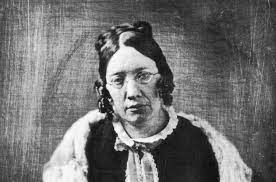DIFFICULTIES PECULIAR TO AMERICAN WOMEN.
by
September 24th, 2023
Audio Presented by

Trailblazing American educator, advocated female education and kindergarten integration.
About Author
Trailblazing American educator, advocated female education and kindergarten integration.
